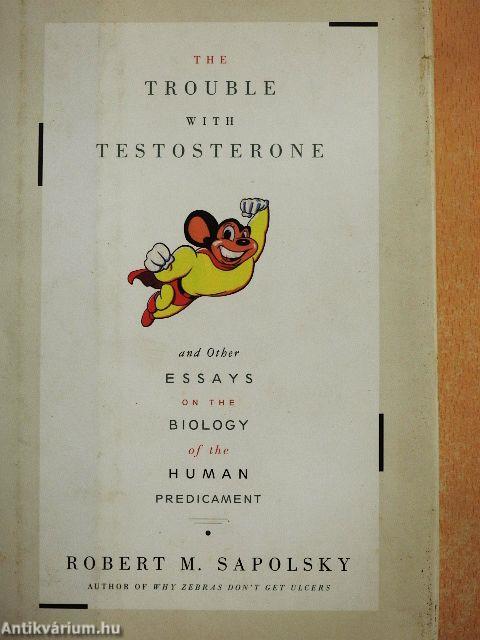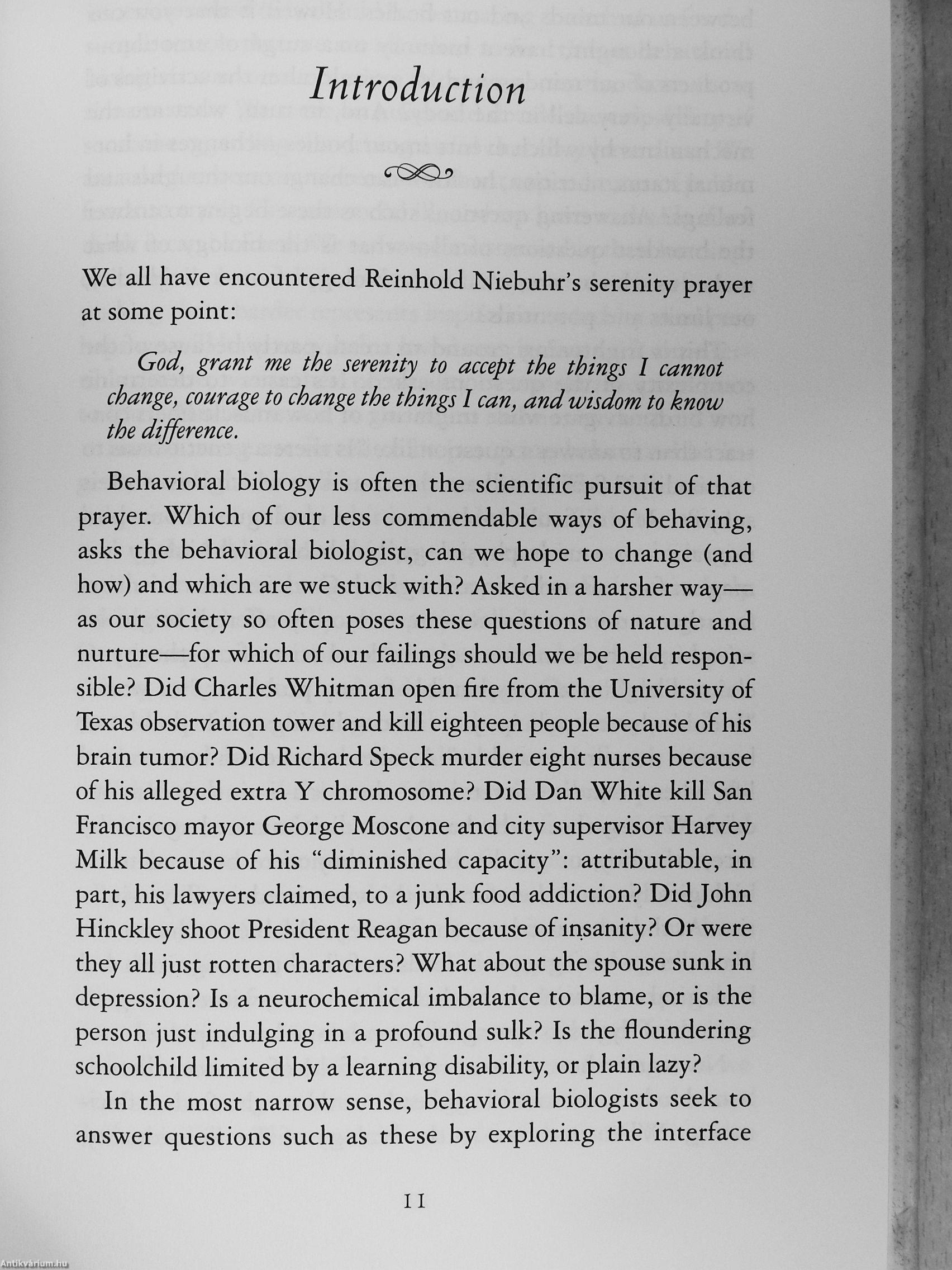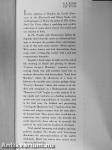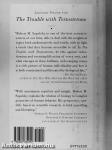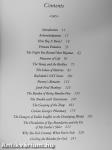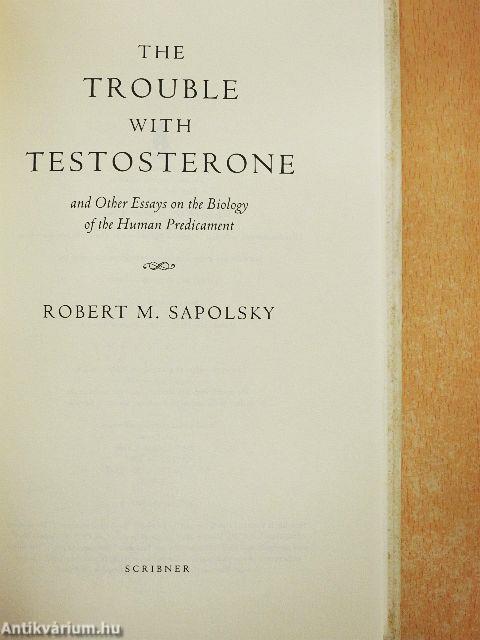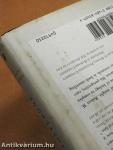1.104.209
kiadvánnyal nyújtjuk Magyarország legnagyobb antikvár könyv-kínálatát

VISSZA
A TETEJÉRE
JAVASLATOKÉszre-
vételek
The Trouble with Testosterone
and Other Essays on the Biology of the Human Predicament
| Kiadó: | Scribner |
|---|---|
| Kiadás helye: | New York |
| Kiadás éve: | |
| Kötés típusa: | Fűzött kemény papírkötés |
| Oldalszám: | 288 oldal |
| Sorozatcím: | |
| Kötetszám: | |
| Nyelv: | Angol |
| Méret: | 22 cm x 15 cm |
| ISBN: | 0-684-83409-x |
naponta értesítjük a beérkező friss
kiadványokról
naponta értesítjük a beérkező friss
kiadványokról
Előszó
TovábbFülszöveg
U.S. $23.00
Can. $31.00
I
n the tradition of Stephen Jay Gould (Dinosaur in the Haystack) and Oliver Sacks (An Anthropologist on Mars), the author of Why Zebras Don't Get Ulcers offers a sparkling and erudite collection of essays about science, the world, and our relation to both.
In The Trouble with Testosterone, Robert M. Sapolsky draws from his career as a behavioral biologist to interpret the peculiar drives and intrinsic needs of that most exotic species—Homo sapiens. With candor, humor, and lush observations, these essays marry cutting-edge science with a rich and compassionate humanity.
Sapolsky's book ranges broadly over the web of life, studying its details and plotting its themes. "Curious George's Pharmacy" examines recent exciting claims that wild primates know how to medicate themselves with forest plants. "Junk Food Monkeys" relates the adventures of a troop of baboons who stumble onto a tourist garbage dump. "Poverty's Remains" claims that science is as riddled... Tovább
Fülszöveg
U.S. $23.00
Can. $31.00
I
n the tradition of Stephen Jay Gould (Dinosaur in the Haystack) and Oliver Sacks (An Anthropologist on Mars), the author of Why Zebras Don't Get Ulcers offers a sparkling and erudite collection of essays about science, the world, and our relation to both.
In The Trouble with Testosterone, Robert M. Sapolsky draws from his career as a behavioral biologist to interpret the peculiar drives and intrinsic needs of that most exotic species—Homo sapiens. With candor, humor, and lush observations, these essays marry cutting-edge science with a rich and compassionate humanity.
Sapolsky's book ranges broadly over the web of life, studying its details and plotting its themes. "Curious George's Pharmacy" examines recent exciting claims that wild primates know how to medicate themselves with forest plants. "Junk Food Monkeys" relates the adventures of a troop of baboons who stumble onto a tourist garbage dump. "Poverty's Remains" claims that science is as riddled with metaphors as a Shakespearean sonnet. "Measures of Life" begins as a witty analysis of firing squads and concludes as a dazzling meditation on the roles and responsibilities of scientists. And in the final essay, the brilliant and penetrating "Circling the Blanket for God," Sapolsky shows that science and religion emanate from the same place: the human brain. These pieces, then, reveal the contradictions that confront those who describe the world objectively, those who try to reconcile the truths of the mind with the burdens of the heart.
Vivid, playful, brimming with insights, and compulsively readable, The Trouble with Testosterone illuminates the interconnectedness of the world's inhabitants. Rarely has science been written about with such skill and flair.
Advance Praise for
The Trouble with Testosterone
"Robert M. Sapolsky is one of the best scientist-writers of our time, able to deal with the weightiest topics both authoritatively and wittily, with so light a touch that they become accessible to all. In The Trouble with Testosterone, he tilts against reduc-tionism and oversimplification of every sort, and what emerges in these brilliant, wide-ranging essays is a rich picture of human individuality and how it is both constrained and liberated by biological fate."
—Dr. Oliver Sacks, AiiTHOR OF The Man Who Mistook His Wife for a Hat AND An Anthropologist on Mars
"With uncommon expertise and insight, Robert M. Sapolsky explains the relation of biology to complex properties of human behavior. His perspective, carefully based on scientific research, is both unsettling
and liberating."
—Edward 0. Wilson, PELLEGRI^'o University Professor at Harvard University AND author of the diversity of llfe
9 r OUOOH OJHU7C.
ISBN ?-bfl^-fi340^-x
D4^7EES0
978068483409252300 Vissza
Témakörök
- Idegennyelv > Idegennyelvű könyvek > Angol > Természettudományok > Biológia
- Idegennyelv > Idegennyelvű könyvek > Angol > Természettudományok > Egyéb
- Idegennyelv > Idegennyelvű könyvek > Angol > Orvostudomány
- Idegennyelv > Idegennyelvű könyvek > Angol > Művelődéstörténet
- Művelődéstörténet > Eszmetörténet > Tudományok
- Természettudomány > Általános természettudomány > Az ember
- Természettudomány > Általános természettudomány > Tudomány
- Természettudomány > Biológia > Biológia, általános > Az emberi test
- Természettudomány > Biológia > Biológia, általános > Társtudományok > Egyéb
- Természettudomány > Biológia > Biológia, általános > Idegennyelvű
- Orvostudomány > Orvosi idegennyelvű könyvek > Orvosi ismeretterjesztő
- Orvostudomány > Orvosi ismeretterjesztő > Ember és egészség > Emberi test
- Orvostudomány > Orvosi ismeretterjesztő > Idegennyelvű
- Természettudomány > Általános természettudomány > Idegennyelvű > Angol
- Filozófia > Témaköre szerint > Tanulmányok, esszék
- Filozófia > Témaköre szerint > Szakfilozófiák
- Idegennyelv > Idegennyelvű könyvek > Angol > Filozófia > Témaköre szerint > Tanulmányok, esszék
- Idegennyelv > Idegennyelvű könyvek > Angol > Filozófia > Témaköre szerint > Szakfilozófiák
- Filozófia > Témaköre szerint > Társadalomfilozófia > Egyéb
- Idegennyelv > Idegennyelvű könyvek > Angol > Filozófia > Témaköre szerint > Társadalomfilozófia > Egyéb



